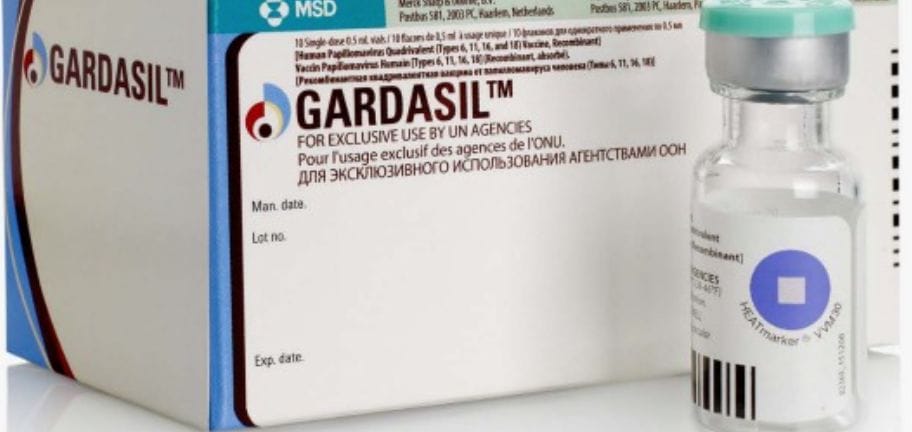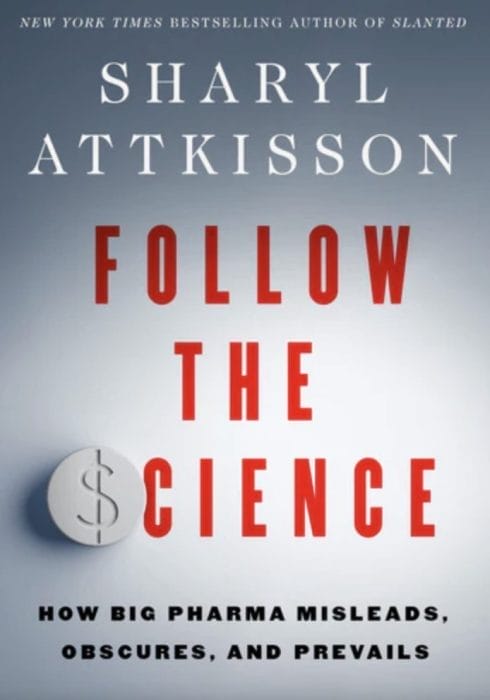The following is an excerpt of an article about HPV vaccine trials in Slate.com. Click on the link at the end of the excerpt to read the full article.
A controversial new review of the HPV [cervical cancer] vaccine, which is recommended for boys and girls to prevent different types of cancer, suggests the shot’s safety was not adequately tested in the clinical trials leading up to its approval.
Scientists widely agree that the vaccine has enormous potential to save lives globally, but unproven fears of side effects have hampered its uptake. An investigation I did for Slate in 2017 revealed significant flaws in the manufacturer’s attempt to vet its product’s risks. While the new research supports these findings, anyone looking for quick conclusions can stop reading now. This is a story about process, about the messy, difficult nature of scientific inquiry, and it offers no easy answers. As Dr. Lars Jørgensen, who worked on the review as part of his Ph.D. studies under Dr. Peter Gøtzsche, an outspoken critic of the pharmaceutical industry, told me, “I think it’s really hard to come up with a conclusion set in stone based on this kind of data.”
Safety concerns have been swirling around the HPV vaccine for years—in the news, on social media, and in the scientific literature—but health officials across the globe have rejected those misgivings nearly unanimously. And the vast majority of studies, many of which have considered real-world data from the decade-plus the vaccine has been on the market, have failed to support the theory that it is dangerous.
To dig deeper, Jørgensen and his colleagues launched a sweeping analysis of drug companies’ vast study reports on the vaccine, which are largely kept confidential. And while they found much to criticize, their study ultimately revealed no solid evidence of serious side effects either. So what does this mean for people considering the HPV vaccine? Jørgensen’s advice to parents is to continue to follow the recommendations from health authorities. In turn, he hopes those agencies will take stock of his research and use it to continue to bolster testing for new medicines, particularly those that will be used widely and prophylactically like the HPV vaccine (his full dissertation is available here).
The review is the most ambitious to date of the clinical trials of Merck’s Gardasil and GlaxoSmithKline’s Cervarix, two HPV vaccines that have been given to hundreds of millions of young people worldwide. It looked at studies that tested the vaccines against a nonvaccine solution or an already approved vaccine, a type of research design intended to gauge a treatment’s risks and benefits before it is licensed for marketing. While not conclusive, the findings do spotlight potential signs of rare neurological harms that outside experts say warrant a comprehensive look at the raw data, and they paint a damning picture of how the manufacturers evaluated their products’ safety. Dr. Tom Jefferson, Jørgensen’s co-supervisor at the Nordic Cochrane Centre in Copenhagen, where the research was done, said safety was reported “higgledy-piggledy” in the 22 industry trials he and his colleagues examined. He added that the trials were “all at high risk of bias” and not “a fair test” of the vaccines.
For instance, for nearly three-quarters of the trial participants, the reporting of serious harms was hampered by incomplete follow-up that lasted only a fraction of the studies’ duration—a flawed design that was directly dictated by confidential research protocols. In the Gardasil trials, some of which ran for years, study personnel were only required to report serious medical events for 14 days following each shot. Participants who developed life-threatening or disabling disease after, say, 16 days could not count on having their ailments thoroughly assessed and reported as a potential side effect (referred to in medical-speak as an “adverse event”).
The truncated safety follow-up in many trials meant that they found very few serious adverse events, whereas other trials, with longer follow-up, found lots. One four-year Cervarix trial with full follow-up reported such events for 9 percent of participants, for example, compared with less than 1 percent in the largest-ever randomized placebo-controlled trial of Gardasil, which also lasted years.
Click on the link below to read the full article:
Researchers Find HPV Vaccine Trials Put Safety on the Back Burner

Visit The Sharyl Attkisson Store today
Unique gifts for independent thinkers
Proceeds benefit independent journalism




Thank you – As well, we must remove our production of drugs from China- The ability to include a nefarious item in any vaccine is wide open. The 6 in 1 has flaws according to reports.
>”It looked at studies that tested the vaccines against a nonvaccine solution or an already approved vaccine, ”
In other words it was not tested against a true placebo – the standard for any scientific study. In testing the safety of arsenic, the use of cyanide as a placebo would not normally constitute sound scientific practice. Why was saline not used as a placebo? The answer is all too obvious…
On a broader yet critical note regarding Gotzsche’s work, what’s essential to see is that Gotzsche has not just exposed the corrupt pharma industry but orthodox medicine in general with their various non-drug interventions and treatments.
For example, Gotzsche has been an extremely prolific opponent of mammography. Gotzsche’s book “Mammography Screening: Truth, Lies and Controversy” along with the book “The Mammogram Myth” by Rolf Hefti are the only two really extensive, independent works on the deep fraud of mammography.
As such Gotzsche really exposes the business of conventional allopathic medicine and its government cronies as highly criminal. Which is backed by his ejection from Cochrane and the hospital he worked for many years, of course, for purely political reasons….